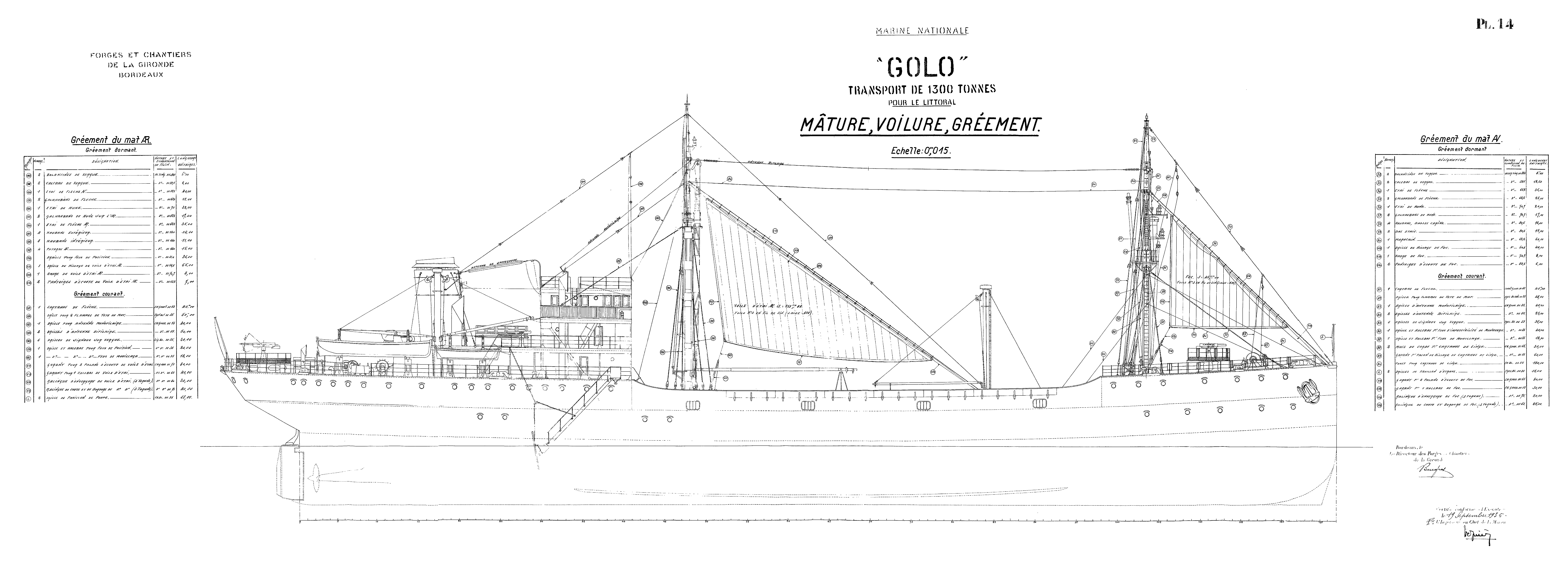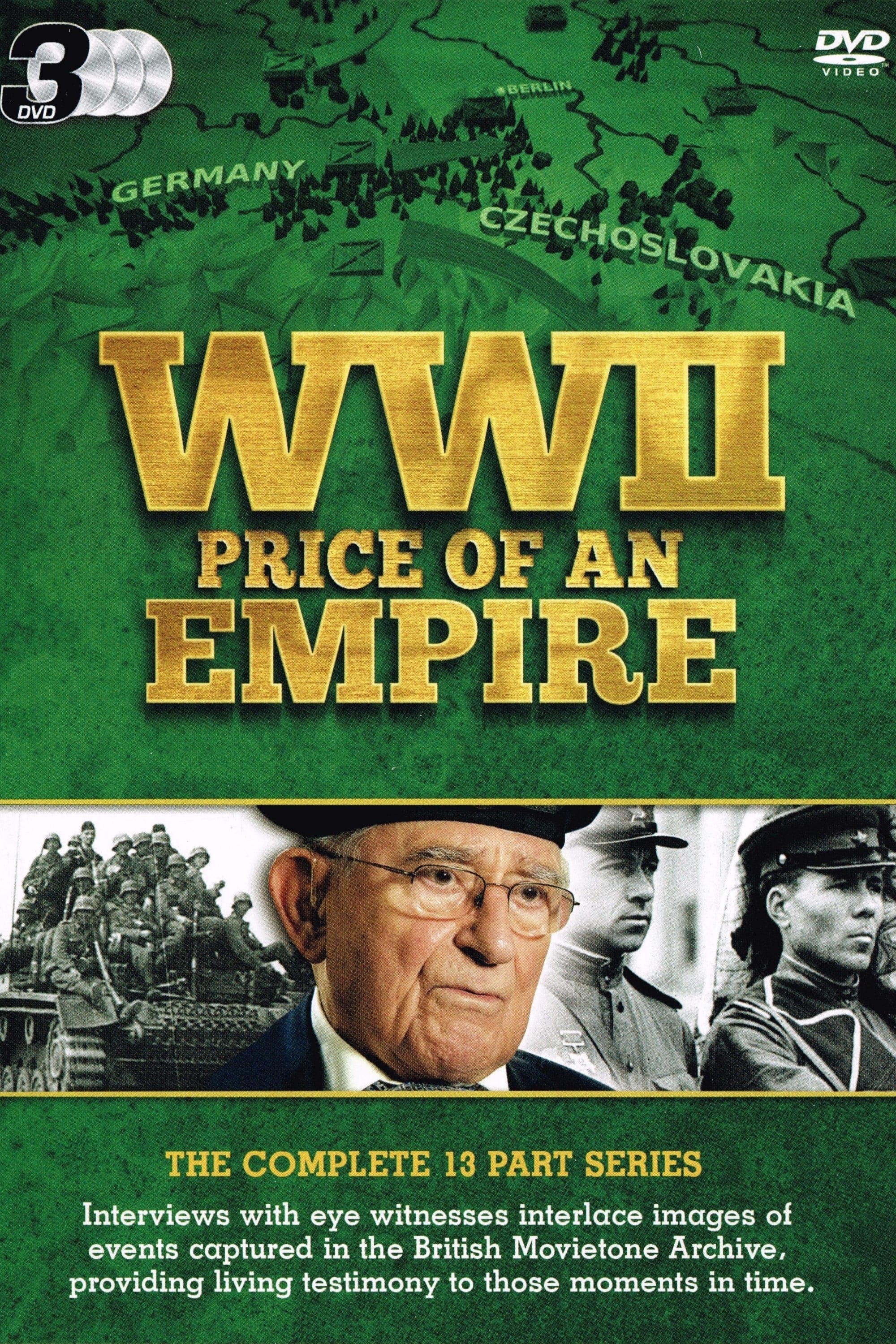After conducting extensive research and analysis, we have compiled this "The Devastating Conflict: A Comprehensive Overview Of World War II" guide to provide valuable insights into the conflict and its significance.
| Key differences | WW1 | WW2 |
|---|---|---|
| Start Date | 1914 | 1939 |
| End Date | 1918 | 1945 |
| Number of Deaths | 40 million | 85 million |
| Number of Countries Involved | 30 | 61 |
| Causes | Militarism, Alliances, Imperialism, Nationalism | Militarism, Alliances, Fascism, Nazism |
| Key Battles | Battle of the Somme, Battle of Verdun | Battle of Stalingrad, Battle of the Bulge |
| Outcome | Allies Victory | Allies Victory |
The main article topics include:
- The causes of World War II
- The major events of the war
- The impact of the war on the world
- The lessons that can be learned from the war
FAQ
This comprehensive FAQ section aims to address commonly asked questions and provide concise answers regarding the devastating conflict of World War II.
Question 1: What were the primary causes of World War II?
World War II's outbreak was a culmination of various factors, including unresolved territorial disputes, the rise of fascism and militarism in Germany, Italy, and Japan, economic depression, and the failure of international diplomacy.
Question 2: When and where did World War II begin?
The conflict began on September 1, 1939, with Germany's invasion of Poland.
Question 3: Which countries were involved in World War II?
Over 30 countries participated in World War II, primarily the Axis powers (led by Germany, Italy, and Japan) and the Allied powers (led by the United States, United Kingdom, Soviet Union, and China).
Question 4: What were the key turning points of the war?
Critical turning points include the Battle of Stalingrad, where the Soviet Union halted the German advance into its territory; the D-Day landings in Normandy, which established a Western front against Germany; and the atomic bombings of Hiroshima and Nagasaki, leading to Japan's surrender.
Question 5: Who were the major leaders during World War II?
Prominent leaders included Winston Churchill (United Kingdom), Franklin D. Roosevelt (United States), Joseph Stalin (Soviet Union), Adolf Hitler (Germany), Benito Mussolini (Italy), and Hideki Tojo (Japan).
Question 6: What were the consequences of World War II?
The war resulted in an estimated 40-85 million casualties, devastated infrastructure, redrew political boundaries, and laid the foundation for the Cold War.
In conclusion, World War II remains a complex and sobering conflict, its causes and consequences forever etched in human history.
Continue to the next article section for further insights into World War II's impact.
Tips
The study of World War II encompasses many facets, making it an extensive and potentially overwhelming topic.
Tip 1: Approach the subject with curiosity and a willingness to delve into its complexities.
When studying World War II, it is imperative to approach the subject with a genuine interest in understanding its causes, events, and consequences. Reading widely on the subject, exploring different perspectives, and engaging in critical analysis can lead to a deeper comprehension of the conflict's multifaceted nature.
Tip 2: Utilize the abundance of historical resources available.
Numerous books, articles, documentaries, and online resources provide a wealth of information about World War II. By consulting these resources, one can gain insights from historians, primary sources, and visual materials. Incorporating diverse perspectives and examining a range of materials enhances the richness and depth of one's understanding.
Tip 3: Consider the global impact and diverse experiences of the war.
World War II was not confined to a single region but had far-reaching effects across the globe. Studying the war from a global perspective allows for a comprehensive understanding of its impact on different countries and cultures. Exploring the experiences of individuals and communities from various backgrounds provides a nuanced view of the conflict.
Tip 4: Examine the war's political, economic, and social ramifications.
World War II had profound implications that extended beyond the battlefield. It reshaped political landscapes, transformed economies, and left lasting social impacts. Understanding these ramifications sheds light on the far-reaching consequences of the war and its continuing relevance in contemporary affairs.
Tip 5: Utilize primary sources to connect with the past.
Primary sources, such as letters, diaries, photographs, and official documents, offer invaluable firsthand accounts of World War II. Engaging with these sources provides a direct connection to the experiences and perspectives of those who lived through the conflict. Analyzing and interpreting primary sources deepens one's understanding and appreciation of the war's human dimension.
Through these tips, individuals can embark on a rewarding journey of exploring World War II, gaining a comprehensive understanding of its complexities and enduring significance.
To delve deeper into the subject matter, consider referring to The Devastating Conflict: A Comprehensive Overview Of World War II, a well-researched and informative resource.
The Devastating Conflict: A Comprehensive Overview Of World War II
World War II, the colossal conflict that engulfed the globe from 1939 to 1945, left an enduring imprint on human history. Its profound impact can be attributed to a multitude of complex factors, six of which stand out as particularly pivotal: geopolitical tensions, technological advancements, ideological divides, economic disparities, human suffering, and global consequences.

World War II | The Model Shipwright - Source www.themodelshipwright.com
- Geopolitical Tensions:
- Technological Advancements:
- Ideological Divides:
- Economic Disparities:
- Human Suffering:
- Global Consequences:
Rivalry between major powers, territorial disputes, and imperial ambitions fueled the flames of conflict.
New weapons and strategies, such as the atomic bomb and radar, revolutionized warfare, escalating its destructive potential.
The clash between fascism, communism, and democracy divided nations and stoked bitter conflicts.
Economic inequality and the global depression created fertile ground for resentment and the rise of extremist ideologies.
The war inflicted unimaginable horrors on millions, including mass deportations, genocide, and the Holocaust.
The war reshaped global power dynamics, led to the creation of international organizations like the United Nations, and sparked decolonization movements worldwide.
These key aspects were intricately intertwined, each contributing to the magnitude and devastation of World War II. The geopolitical tensions and ideological divides ignited the conflict, while technological advancements fueled its destructive capacity. Economic disparities and human suffering exacerbated its horrors, and the war's global consequences left a lasting legacy that continues to shape the world today. Understanding these aspects is crucial for grasping the full scope and impact of one of history's most transformative events.

World War II - Hiroshima, Nagasaki, Atomic Bombs | Britannica - Source www.britannica.com
The Devastating Conflict: A Comprehensive Overview Of World War II
World War II, the second global war, was a devastating conflict that lasted from 1939 to 1945. It involved the vast majority of the world's countries—including all of the great powers—eventually forming two opposing military alliances: the Allies and the Axis. In a state of total war, directly involving more than 100 million personnel from more than 30 countries, the major participants threw their entire economic, industrial, and scientific capabilities behind the war effort, blurring the distinction between civilian and military resources. World War II was the deadliest conflict in human history, marked by 50 to 85 million fatalities, most of whom were civilians in the Soviet Union and China. Tens of millions of people died due to genocides (including the Holocaust), premeditated death from starvation, massacres, and disease. Aircraft played a major role in the conflict, including in the strategic bombing of population centers, the development of nuclear weapons, and the only two uses of such in war.

World War II: The Price Of Empire (TV Series 2015-2016) - Posters — The - Source www.themoviedb.org
The war began in Europe with the invasion of Poland by Nazi Germany on 1 September 1939 and ended on 2 September 1945 with Japan's surrender after the atomic bombings of Hiroshima and Nagasaki. The following day, the Soviet Union declared war on Japan and began an invasion of Manchuria. The precise number of deaths in the war is unknown, and estimates vary; most modern historians estimate that some 50 to 85 million people perished, with at least 55 million in Europe. Between 60 and 80% of the dead were civilians, including up to 50 million in the Soviet Union.
The war had a profound impact on the course of the 20th century. The United Nations was established to prevent another such conflict. The Cold War began soon after the end of the war, as the United States and the Soviet Union competed for global supremacy. The war also led to the decolonization of Africa and Asia, and the creation of Israel. The Holocaust, in which Nazi Germany systematically murdered some six million Jews, was a major turning point in the history of antisemitism and the Jewish people.
World War II was the deadliest conflict in human history, and its legacy continues to shape the world today.



